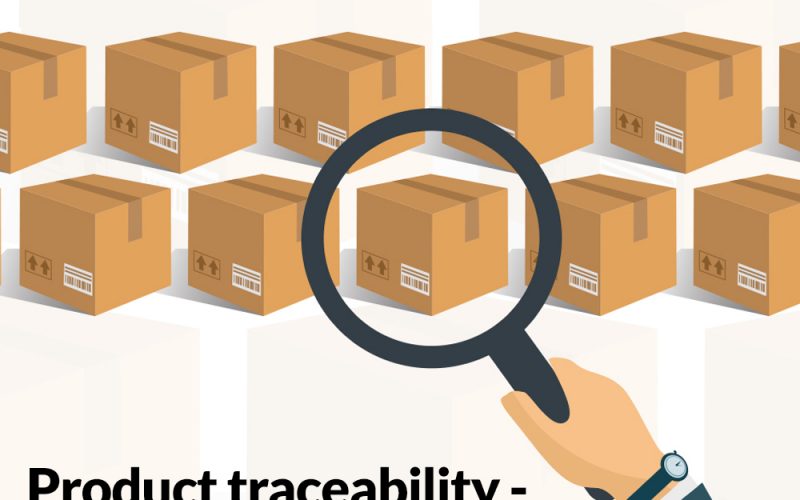Product data complexity can be defined as a measure of its accessibility to the viewer. Accessibility does not simply mean ‘access’, but also how easily the data can be interpreted and used. In a supplier/retailer relationship, product data complexity is a two-way street. Even if you can manage complexity from one end, it does not automatically ensure that the other party involved in the relationship would be able to do the same. What is done by a manufacturer or brand owner needs to be transparent to the retailer or wholesaler who is selling the goods. The concept and its implication are the same for the service industry and even the technology domain, however, the management of complexity is done through different modes and mediums.
Key Areas to Focus on for Product Makers
Someone who is making a product is concerned about the following aspects of product data:
- Every key attribute/feature of a product is constantly updated as per inventory changes
- How quickly are the updates visible in product listing
- Can the data be visualized properly for analytics
- Data security
- Is there a centralized repository of data that can be easily accessed via all concerned parties
- Data should allow for universal and unique identification of every product in the inventory
- A unique point of master data
- Compliance with local/international rules and regulations
Key Areas of Focus for Sellers
When we look at product data from the perspective of a reseller or wholesaler, the following aspects need to be focused upon:
- Data should provide information about the optimized arrangement of products at the store for maximum customer attention (planogramming)
- Access to real-time data for making better sales decisions
- Access to product availability data whenever new stock emerges
- Information access in the seller’s native file formats
- Easy-to-understand Point of Sale data for better future decision-making
- A unique point of master data
- Validation of license and certification pasted on the products
Convenience and Accuracy is the Mantra of Success
When it comes down to it, the ‘decision-making’ ability of a brand owner is what matters the most. It is the key decisions that you make, which eventually decide your fate in the cut-throat markets of today. So, if you are spending a major chunk of your time on just managing and making sense of vast and complex product datasets, then eventually you will delay the decisions and find yourself losing out to competitors.
With a convenient platform that provides updated information, you can always stay in the loop of what’s going on. The convenience of easy and anytime access has more value than you can imagine. Moreover, there has to be no doubt about the accuracy of data as tentativeness impacts decision-making. DataKart is a platform conceptualized by a non-profit organization, which makes it all the more compelling for brand owners who need correct information.
Single Unified Platform to Lower Complexity Further
Both manufacturers and brand owners have many responsibilities apart from just managing product data. For example, a manufacturer would need barcodes to improve product visibility and credibility. He would also need traceability services for enhanced counterfeit detection. The best way to achieve all these functionalities is by choosing a single-point partnership with GS1 India.







